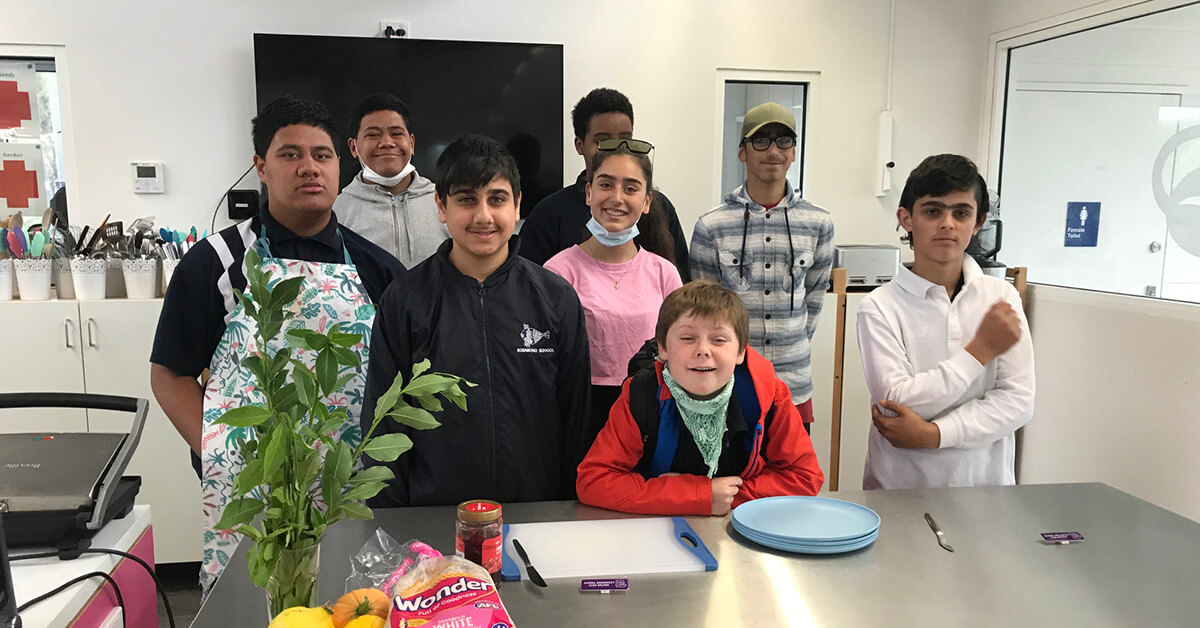School Spotlight: Rosamond School
Located in Braybrook in Melbourne’s west, Rosamond School provide early, primary, secondary and post compulsory education for special needs students aged five to 18 years. With a focus on individual learning, the school’s dedicated team of teachers and education support staff work collaboratively with stakeholders in each child’s network to develop goals which are achievable, purposeful, and challenging, allowing students to reach to their full potential in a supportive learning environment.
Rosamond School offers a daily Breakfast Club at 8.45am, inviting students from all year levels to come together and enjoy a healthy breakfast in a friendly and inclusive environment. Program Coordinator, Caitlyn O’Callaghan, says the program has been extremely beneficial in providing students a safe space to communicate with both teachers, and other students, while getting a healthy start to the day.
“All students are welcome at Breakfast Club. Students appear to be more settled throughout the day after having breakfast. We’ve also noticed improved concentration levels. Breakfast Club also gives students a safe place to talk to teachers and education support staff. We feel that they tend to open up a lot more within the informal environment Breakfast Club offers. We’ve also noticed improved social skills and connections among those students that come along. It provides a great opportunity for the younger students to interact and learn from others in higher year levels.”
Caitlyn says while the program has been vital to improved learning and focus, it also offers students the opportunity to learn life skills such as manners, patience and how to interact with others in a common eating area, as well as contributing to the school’s vocational learning program. Click here to read about how Rosamond School involve their secondary students as part of vocational learning.
“A small number of Secondary students assist with the running of the program and thrive off the responsibility. It is viewed by both the program and the students as a ‘work experience’ placement. They are involved with preparing the food, cleaning up, supervising, assisting students at the table and modeling correct behavior.”
When asked how the school encourages senior students to facilitate the program, Caitlyn says that “students involved receive acknowledgement in the form of being asked to participate and assist in ‘special events’ being run by the kitchen. As a reward, they are able to prepare themselves a meal or something to eat at the end of each shift. We also celebrate their hard work by acknowledging them in the school magazine.”
While Breakfast Club continues to operate daily, Caitlyn says it has been challenging to re-engage students who have returned to on-campus learning.
“Many families are still working from home and we don’t have the same level of students arriving at school early. However, we are slowly engaging students back into the routine and availability of Breakfast Club. We will be re-evaluating our programs (in 2021) and it is the school’s intention to set up a more structured program at lunch for students to eat in the kitchen during lunchtime. We’d also like to distribute more than just fruit to the classrooms throughout the day, such as fruit cups and milk.”
 Contact us
Contact us Log in
Log in
